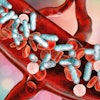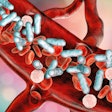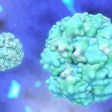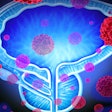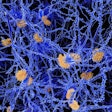
NeuroPointDX reported at the International Society for Autism Research (INSAR) meeting on May 4 that it has identified three new metabolic areas important for children with autism, which may improve the testing accuracy for those at risk of having the disorder.
The three metabolic areas -- identified in the company's large Children's Autism Metabolome Project (CAMP) study -- are altered neurotransmission, energy metabolism, and purine metabolism, the company reported in a trial update at the meeting, held May 1-4 in Montreal. This adds to previously related data from the study on metabolic subtypes related to imbalances in branched chain amino acids, the company noted in a May 6 statement.
CAMP includes about 1,100 children from the age of 18 months to 48 months, including cohorts with typical development, autism spectrum disorder (ASD), and developmental delay (a condition other than autism using behavioral methods for testing). Researchers have been identifying biomarkers that are helpful in differentiating between the three cohorts. Including the metabolic biomarkers presented at the INSAR meeting, the biomarkers identified so far have a diagnostic sensitivity for ASD of 41%, up from 17%, NeuroPointDX reported.
NeuroPointDX, a subsidiary of Stemina Biomarker Discovery, currently markets the NPDX ASD test for children as young as 18 months of age. The product was developed based on data from CAMP.


